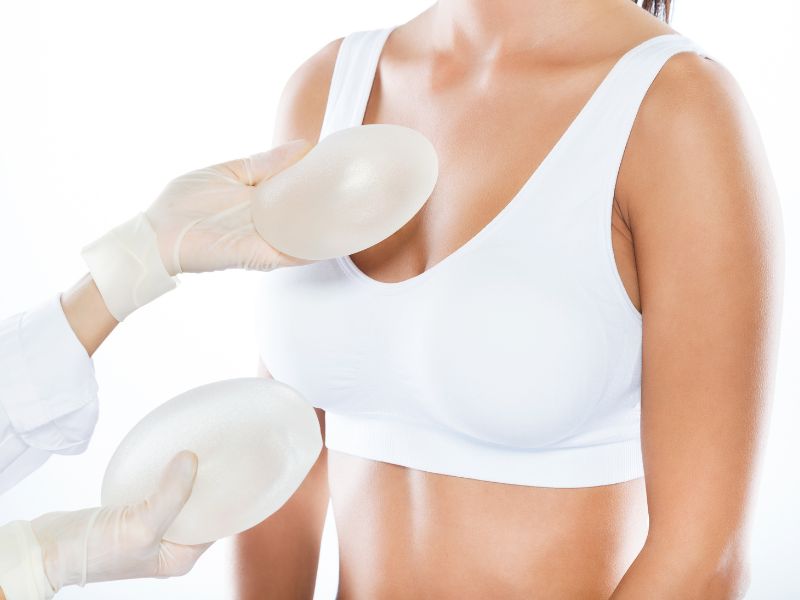ASIA Syndrome and Breast Implants: Dispelling Myths and Truths
By Dr. Andrés Pérez Nieto.
The potential relationship between breast implants and ASIA syndrome has sparked controversy in various media and social networks. In this context, updated information on the subject is provided, along with some reflections.
ASIA syndrome, an autoimmune reaction triggered by foreign substances in the body, has been primarily associated with biopolymers ranging from liquid silicones to vegetable, animal, or industrial oils used for cosmetic purposes, often administered by unqualified individuals.
Recent reports have suggested some association between breast implants and this syndrome, leading to diverse scientific positions and opinions. The syndrome may manifest with symptoms such as muscle pain, chronic fatigue, fever, and changes in mood or memory.
It’s crucial to note that medical studies have only shown some association in cases with evident ruptures or leakage of filler material from implants. This occurs when implants are not regularly monitored and are left unattended for an extended period.
Following this explanation, recommendations are provided with the aim of clarifying doubts and being useful:
- It is unfortunate that significant medical topics are debated on social media, especially by individuals lacking medical knowledge who offer management recommendations.
- Patients considering or having undergone breast augmentation, with doubts or concerns, are advised to consult a suitable medical professional, whether a plastic surgeon or mastologist.
- In the opinion, it is justifiable to undergo explantation or removal of implants in patients with immunological diseases, as recommended by their treating physicians.
- In cases of patients aged over 60, deciding whether to replace implants due to the elapsed time or remove them permanently, the logical suggestion is removal. This considers potential future surgeries and the opportunity to achieve aesthetically pleasing and smaller breasts.
We hope this information is enlightening and helpful. Seeking professional guidance before making health-related decisions is strongly recommended.

